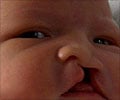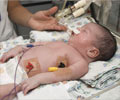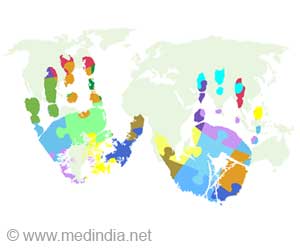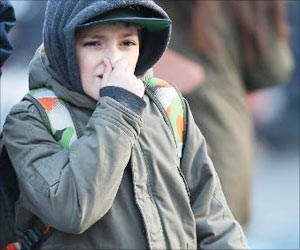BDRI has 700 hospitals in India and has records of 0.7 million births. It has found that the most common anomaly has been Neural Tube Defects (NTD).
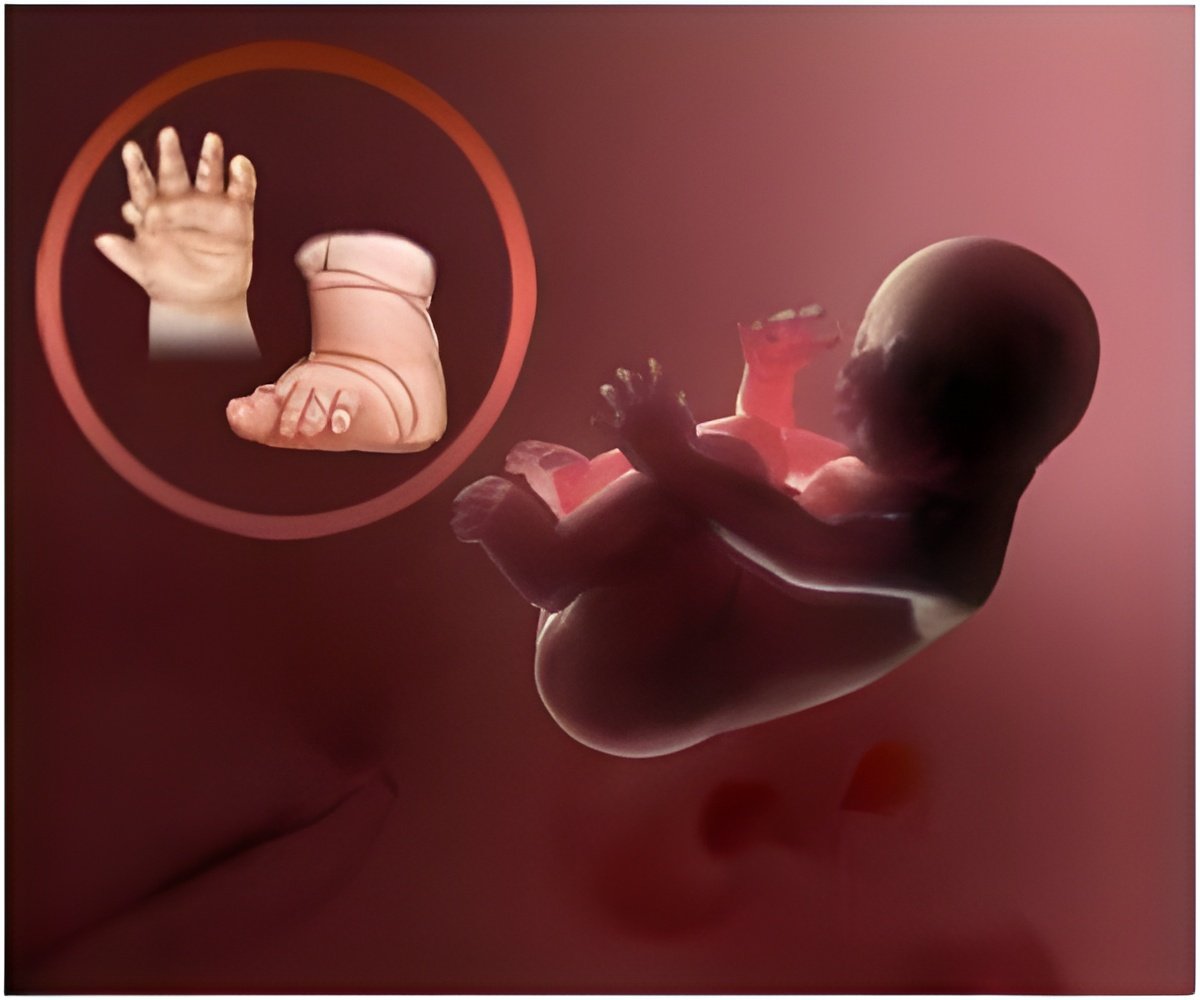
Understanding Birth Defects
Birth defects include abnormalities in the new born baby’s structure, function or body metabolism which usually lead to physical and mental disabilities and can even be fatal sometimes. There are many causes for birth defects involving a wide range of factors –some due to hereditary abnormality, some caused by chromosomal disorders or genetic disorders and some others caused by environmental agents. There are commonly known birth defects like cleft lip, cleft palate, Down syndrome, autism, muscular dystrophy, neural tube defects, congenital heart disorders to rare birth defects such as cleft foot and hand, club foot, aglossia (baby born without a tongue) and albinism (absence of melanin), to name a few.
With the advent of prenatal screening and prenatal care doctors can detect certain signs of birth defects and some birth defects can even be treated while the baby is still in the mother’s womb. Some can be treated immediately after the baby is born and there are still some birth defects for which there is no known treatment till date.
Birth Defects Statistics
• 2-3 per 100 children are born with birth defects around the world
• 2.7/1000 babies are born with Club foot, Gastrointestinal tract abnormalities and defective diaphragm
• Birth defects incidence in India has not reduced over the last 8 years
Why a Birth Defects Registry?
A birth defects registry is a data collection and research project aimed at understanding and exploring the prevalence of birth defects in a population. Birth registries can be population based or hospital based, depending mostly on the movement of pregnant women for delivery, registration of significant events in the area covered by the program and also the resources available to the registry. A systemic birth defects surveillance program can help plan preventive strategies, create support systems for individuals affected by birth defects and their parents and carers. When developmental problems are detected early, it paves the way for right diagnosis, early health intervention for the baby, medical advice to help families cope with the baby’s abnormality and also to plan subsequent pregnancies.
Mission Possible- Birth Defects Registry of India (BDRI)
Brain child of Prof Dr. S. Suresh and Dr. Indrani Suresh, Birth Defects Registry of India (BDRI) was instituted in 2001 by Fetal Care Research Foundation, a not-for-profit charity trust based in Chennai, to document incidences of congenital abnormalities in the Indian population. From a modest beginning, BDRI has now enrolled nearly 700 hospitals across 26 states and 3 Union territories and has so far analyzed over 0.7 million births of which the most common anomaly has been Neural Tube Defects (NTD).
Besides ascertaining a baseline prevalence of birth defects throughout India, BDRI is working to reduce the incidence of birth defects and enable families and carers to form Support Groups for various congenital disorders.
The Federation of Obstetric and Gynecological Societies of India (FOGSI) has joined hands with BDRI since 2008 and both work in unison, adopting the same model. FOGSIBDR seeks to explore the frequency and pattern in which various birth defects occur across India. Regional registries collect monthwise data on birth and birth defects from member hospitals and send them to the Central Registry for verification and analysis.
The BDRI Advantage
Prof Dr. S. Suresh, Director, BDRI is a pioneer in the field of diagnostic ultrasound and was awarded the Fellowship honoris causa and conferred the FRCOG by the Royal College of Obstetrics and Gynecology on November 26, this year. BDRI convenes quarterly meetings in Chennai which provide a platform for obstetricians, gynecologists and pediatricians to interact and share information on birth defects. An official newsletter of the BDRI updates information for members on the proceedings of the periodic meetings convened to discuss the latest happenings in the study of birth defects in India. Annual statistics of birth defects improve awareness and knowledge on birth defects thereby enabling medical professionals to give accurate information to concerned families.
Visit http://www.cusp.org.in/bdr_form.htm for online BDRI registration. Any government or private hospital with obstetric practice willing to join hands for a national cause can become a member of BDRI.
Team and individual memberships are invited and membership is free. If you haven’t already registered with BDRI add your hospital to the BDRI list to help establish causes of birth defects, connect with researchers studying birth defects such as reports on toxins that are known to affect pregnancies, help in forming of Support Groups that can strengthen families struggling to raise children with birth defects and promote awareness on the preventive, supportive and curative aspects of birth defects in India.
Source-Medindia





